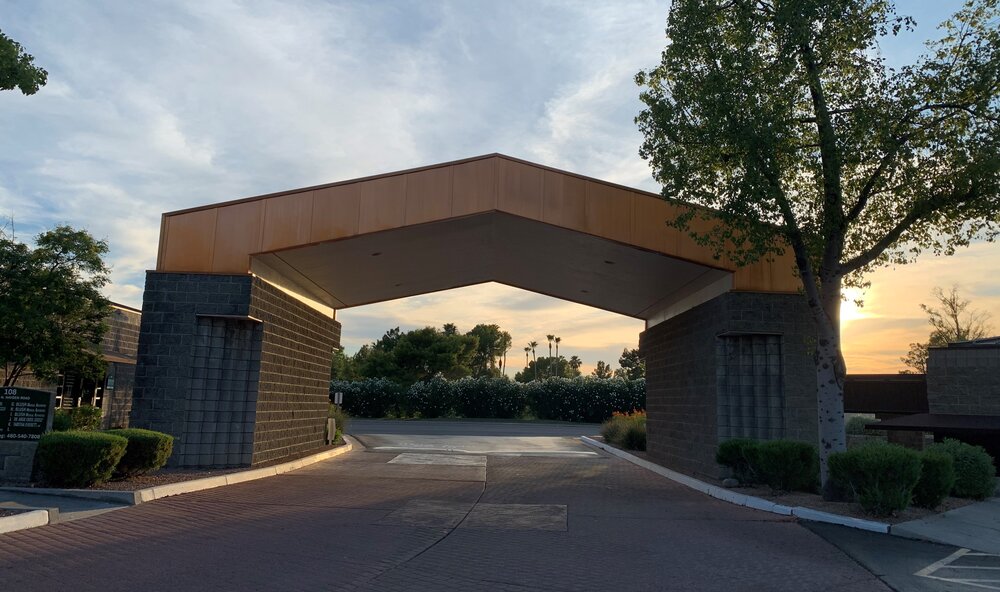
The IOP Group Therapy Experience
Photo from Getty Images
Originally Posted On: https://illuminaterecovery.com/blog/iop-group-therapy-experience/
Intensive outpatient group therapy (IOP group therapy) is one of the most foundational and long-term effective forms of therapy for addiction. By putting ourselves in a community, we immediately take one of the biggest steps that we can towards recovery: overcoming the isolation and loneliness that accompany addictions.
When we sit together in community with other individuals, we share some of our core experiences and goals. It helps us to see the reality of our situation, to reinforce our commitment to our decisions, and to keep our heads about ourselves as we move forward.
Groups Understand What You’re Going Through
Addiction is built on patterns of behavior that people who haven’t experienced it often have trouble identifying with or understanding. In a group setting, everyone is working from a common understanding. They have a disease that they want to change, one they cannot overcome in isolation.
In a community,you’re surrounded with a group of people who already know and understand that and are here for the same reason. This shift is immensely helpful for so many people suffering from addiction.
Important Benefits of IOP Group Therapy
 Photo from Getty Images
Photo from Getty Images
Connecting With Others Is Essential
The foundation of any group therapy experience is going to be sharing experiences with other people, listening to them, and having your own experiences listened to by those same people. This sharing and understanding helps group members swap advice on roadblocks that they have personally overcome when it comes to addiction recovery, and to get insight on things that they haven’t overcome yet.
Recognizing Ourselves in Others
Another benefit of sharing and exploring our stories about addiction is that the group can start to recognize what drives you towards addictive behaviors. Frequently, things in our environment trigger the desire to use, and by sharing enough of our stories we can identify these recurring patterns.
This lets us explore how those triggers started in the first place, confront these patterns, and accept their reality. Once we have done this, we can improve our responses to those things that make us want to use.
A Fortress of Hope
In group therapy, one of the most important things that we provide for one another is hope. It is nearly impossible to stay hopeful when fighting something you have succumbed to time and again. However, other people will recognize the work you are doing.
When sharing with people who are further along the path, their journey will help demonstrate that it is possible for you to do the same. This proof and support will help continue the journey towards sobriety.
Accountability to Change
The group will hold you accountable to yourself, your commitment to sobriety, and to your own future. Your deep connection to the group will remind you of the reasons that you are in therapy. People will be there to remind you of what you said in the past, and what your hopes were when you entered the program.
They will help you meet the standards that you set for yourself; remember your commitments; and hone the skills that you have learned. By being there throughout the process, they will remind you of your commitment.
What to Expect in Group Therapy
 Photo from Getty Images
Photo from Getty Images
So exactly what happens in group therapy? We support each other, we talk about our problems but beyond that, how is it different from just talking? It is the integrated approach to problems.
Psychoeducation
Most therapy groups make a big point of doing a lot of psychoeducation at the same time. This involves learning different methods for problem solving that help us fight the patterns of thought and dysfunctional ideas.
This involves exploring specific tools, practicing, and consulting on how those tools have been working. This can take the form of using our experiences as case studies, exploring a specific time in our life when we could have made a different choice and how exactly we would have gone about doing that.
By watching ourselves and others work through these problems we can find mistakes in our approach or ideas that we did not know that we had at the outset. In much the same way that practicing a sport or a task in a group helps us learn in other parts of our lives, we benefit from working through ways to deal with addiction together.
Skill Development
One of the biggest skills that we develop is the refusal of drugs and alcohol when presented to us. Individuals in the group practice scenes where they are asked to use again, how to politely refuse, and how to recognize what each scenario requires. Being offered a drink or a drug in a low-pressure scenario with a new acquaintance requires a different approach than someone who you used to use with, and this is something that group members are going to have ample time to practice thoroughly.
This requires building assertiveness to push past our initial discomfort and avoid passive behaviors that we might have engaged in the past. Another skill that is absolutely critical to develop is stress management. Many people use substances as an escape from the feeling of stress because they do not see an alternative.
However, moving through past stress is a skill that can be practiced and built upon. This helps improve patterns of behavior. Initially, these patterns may feel strange, but through practice, we can make healthier choices feel more normal.
Getting over that initial hump of anxiety about unlearning old behaviors and adopting new ones is hard, but when a group of us do it together it makes it easier to release the old and adopt the new.
Understanding Our Brain as an Organ
In addition to relearning ourselves emotionally, IOP group therapy focuses on understanding how our brain relates to what we’re addicted to. Our brain is a system of chemicals that crave other ones at a base level. A lot of these impulses are very necessary; they are how our body knows to be hungry, to breathe, and to stretch.
However, because our brains are imperfect, sometimes these cravings are misdirected to unnecessary things and things that can actively harm us. By exploring and understanding this, we recognize the root of our disease for what it is, and begin to think about it in ways that work towards what we want for our lives.
How to Make the Most of Your IOP Group
 Photo from Getty Images
Photo from Getty Images
Committing to Your Recovery First
IOP groups work best when you understand them and accept them as serious forms of therapy. If you adopt the mindset that we are engaged in serious work and you take it seriously, making it your first priority, you will be rewarded with getting more out of it. IOP group therapy should likely come before social obligations if there is any doubt in your mind about which of the two to do. Keeping recovering through IOP group therapy as one of your first priorities will help to prevent you from lapsing.
Building Connections and Community
Understanding that IOP group therapy is primary goes beyond just being serious about it, it also involves investing in your group members as individuals. It can be scary to reach out to people, to make new connections, but it is those connections that give us the best chance of moving beyond our addiction. Your group members will help you move beyond where you started and will be more helpful to you if you are also trying to see them as real people with real experiences.
Staying Mindful of Relapse
Keeping in mind that relapse is an ever present possibility for us as we walk the path of recovery helps people invest in their recovery. It is easy to think that once we have walked a short distance from our worst times that we are out of the grip of our disease. However, this is when relapses are likely. Even small indulgences in a non-sober life can drag us significantly backwards. It is crucial that we work to maintain our sobriety as we continue forward in IOP therapy.
Staying Honest With Your Group
A commitment to honesty in the group will defend us from the worst of ourselves better than nearly anything else. Telling people what is actually happening to us, what is actually going on with us, and what we are actually feeling and doing, is the most helpful thing that group enables us to do. Without a commitment to honest reflection, IOP group therapy is much less helpful than it could be.
Lifer After Outpatient Rehab – Looking Forward

IOP group therapy can enable us to move beyond what we were lashed to in the past, train us in skills that we need to move through today, and build serious communities that will help sustain us in the future. If you or someone you know is thinking about recovery from addiction,
IOP group therapy can be the right fit for them. There is always someone available at our recovery centers in Scottsdale, AZ to help you find the road out of the darkness. If you have any questions about our staff, or treatment plans, we would love to address those with you.
We know it can be incredibly difficult to make the first step and our compassionate recovery staff is here to help you with your unique needs. Our professional staff is dedicated to providing the best care most suited to your needs.
Please reach out to us, we can help!
